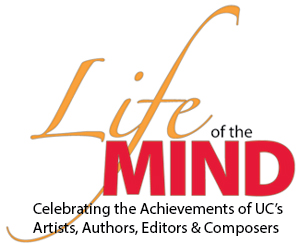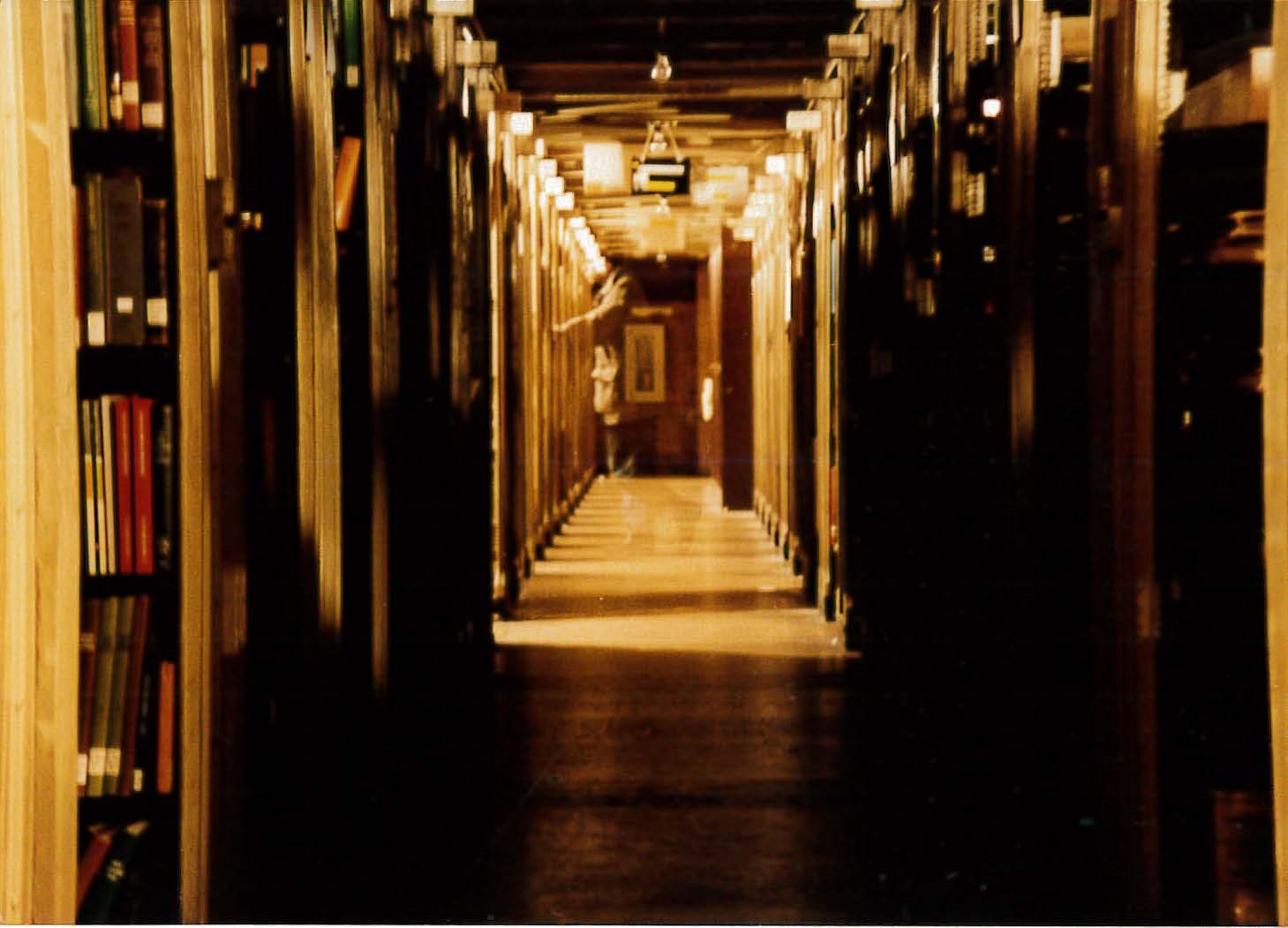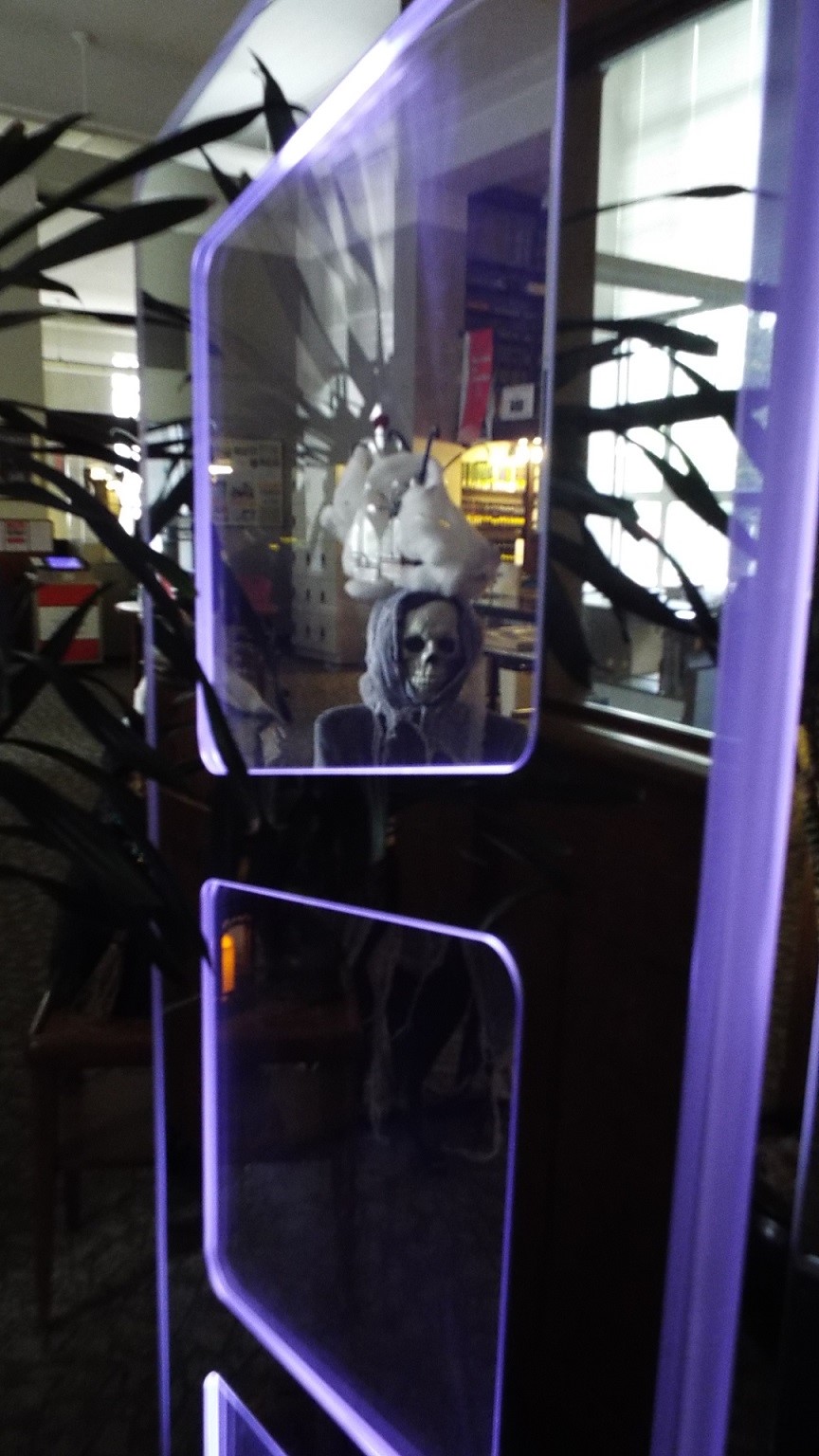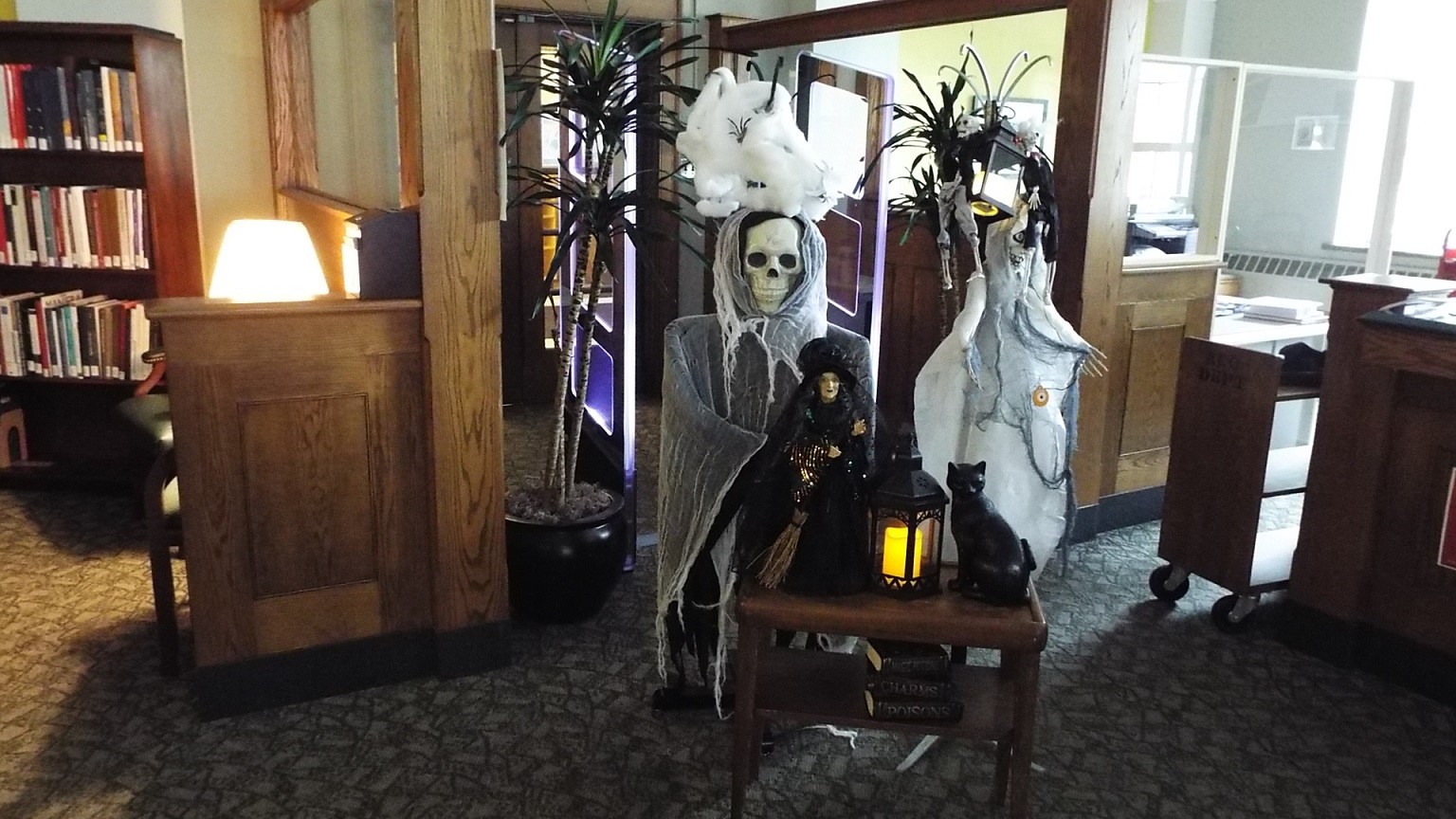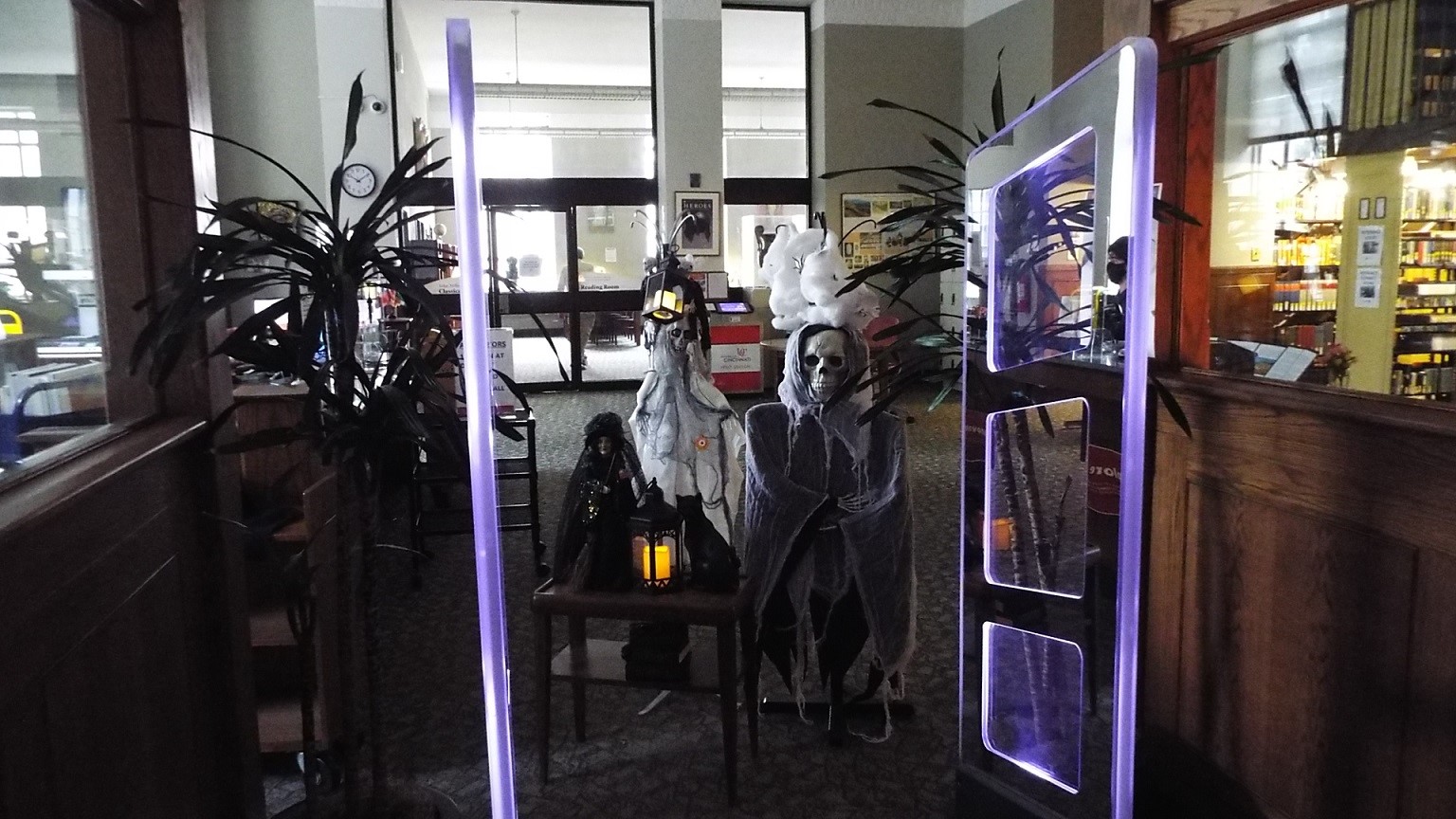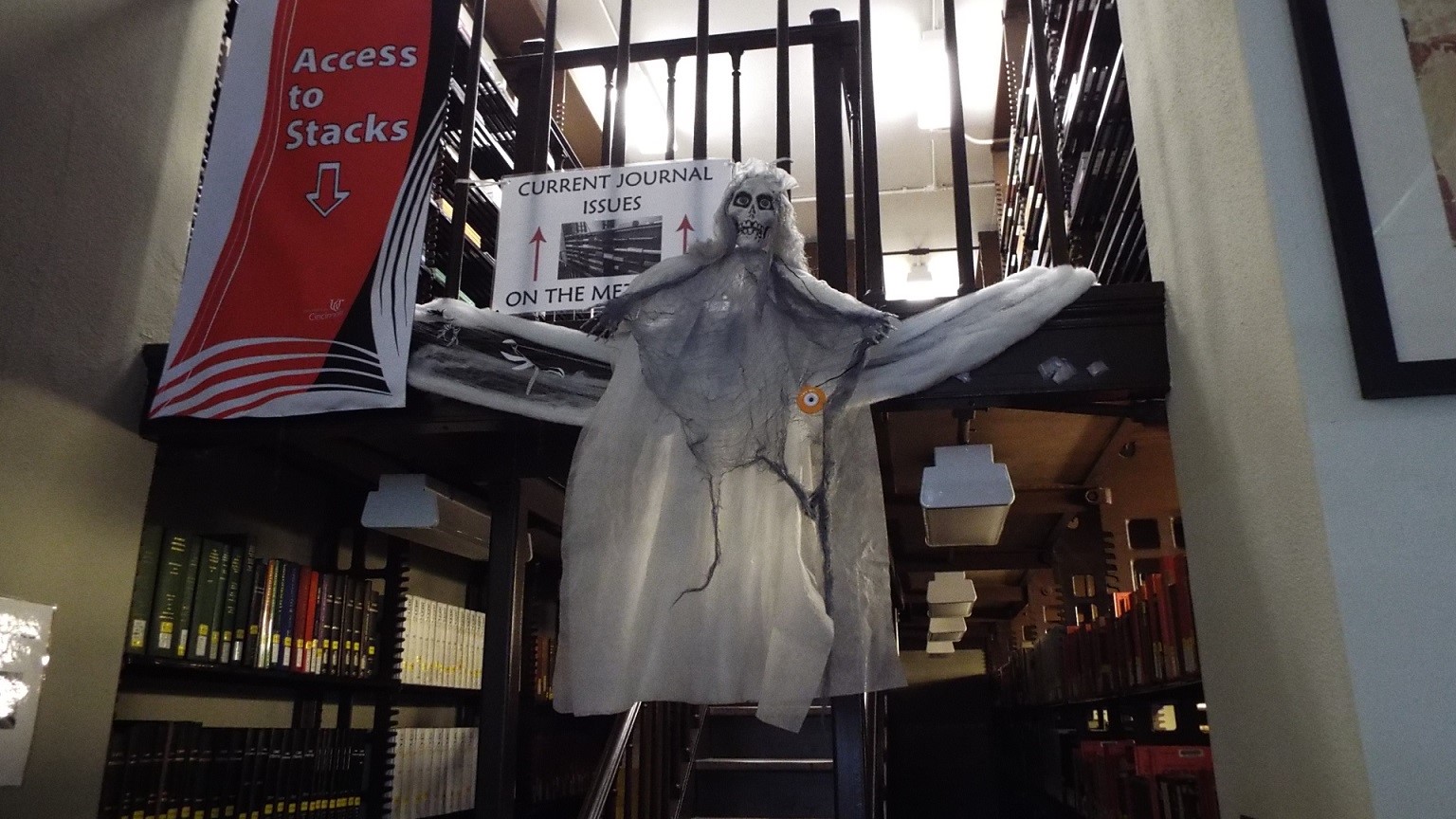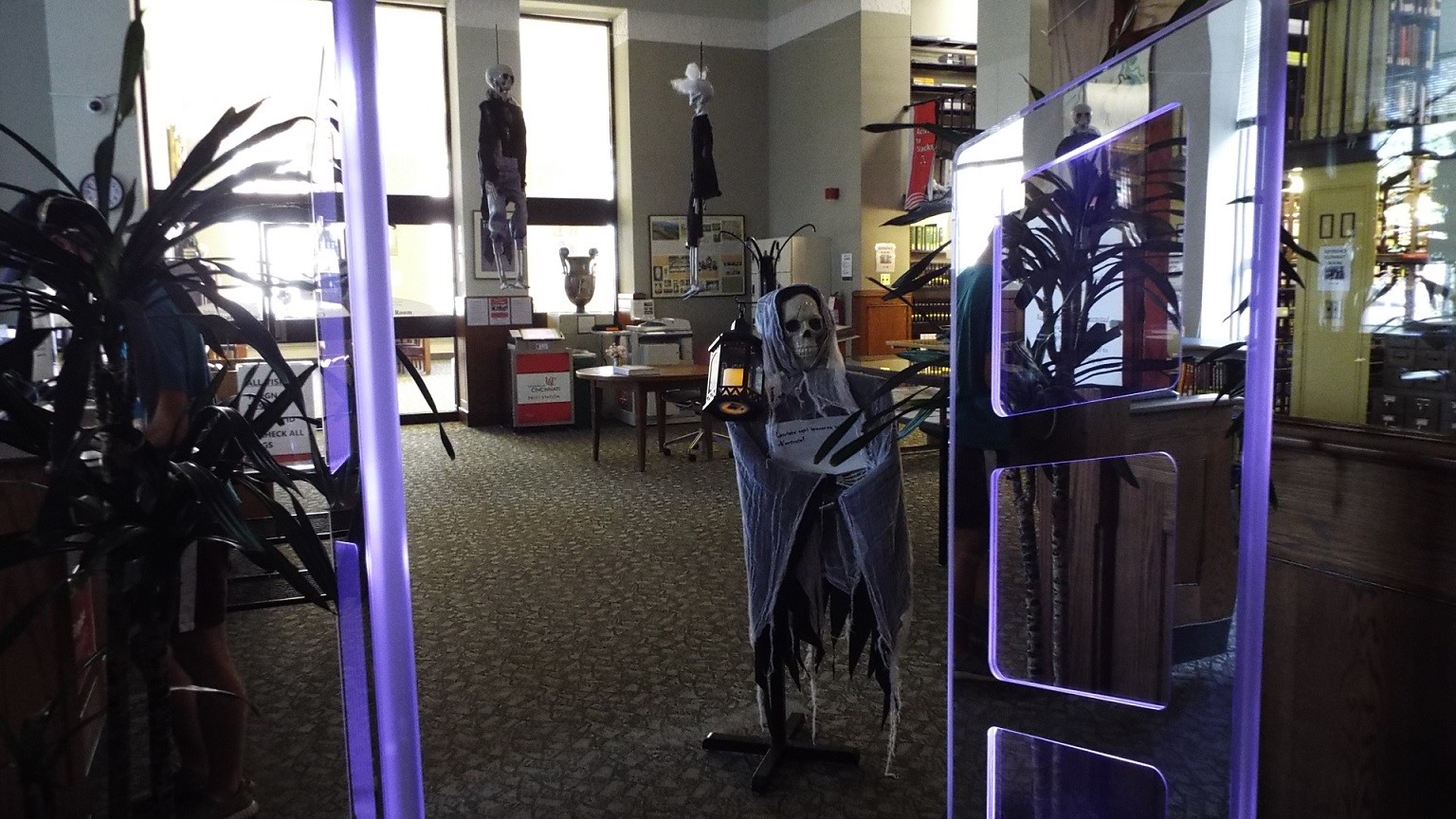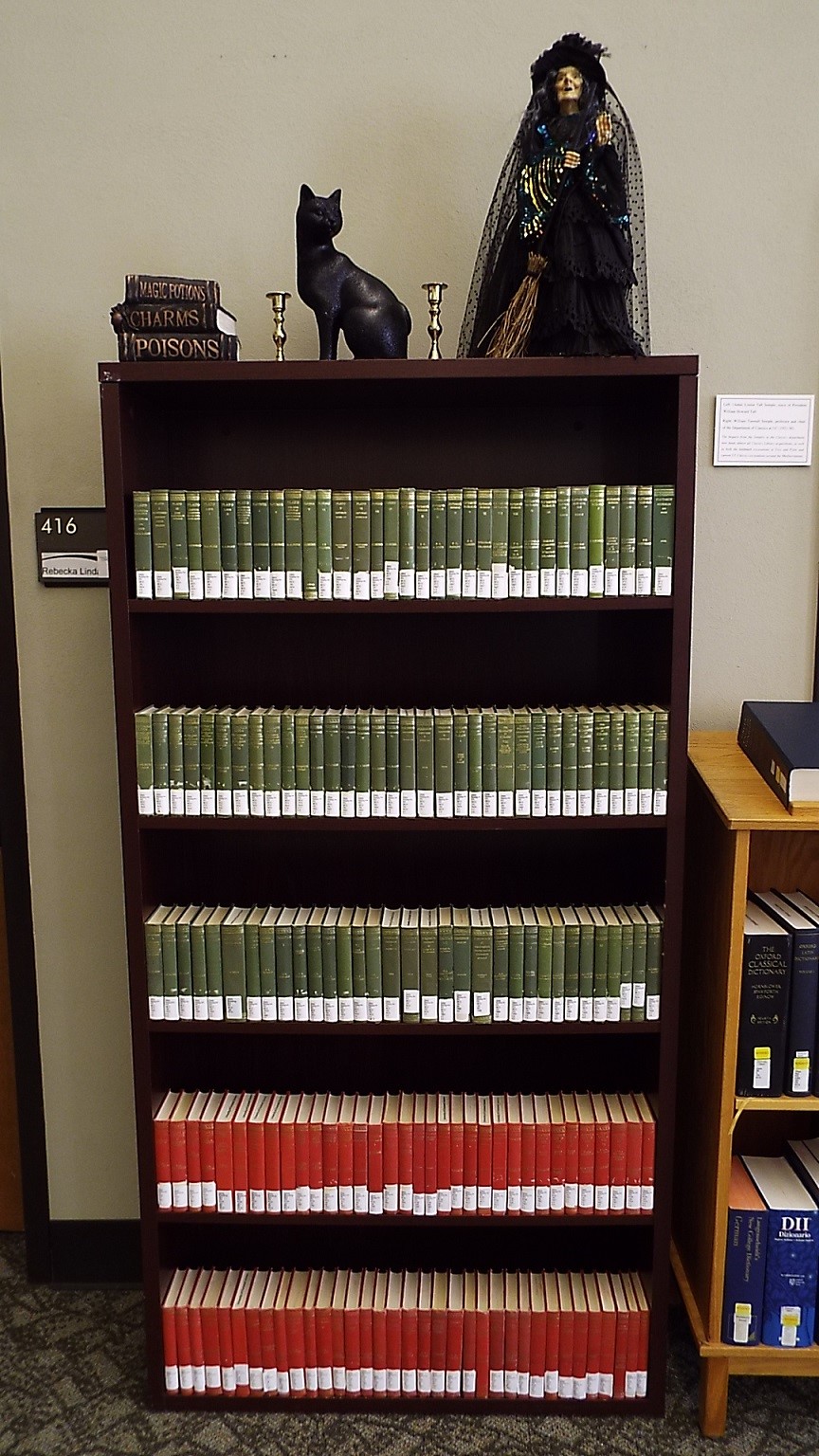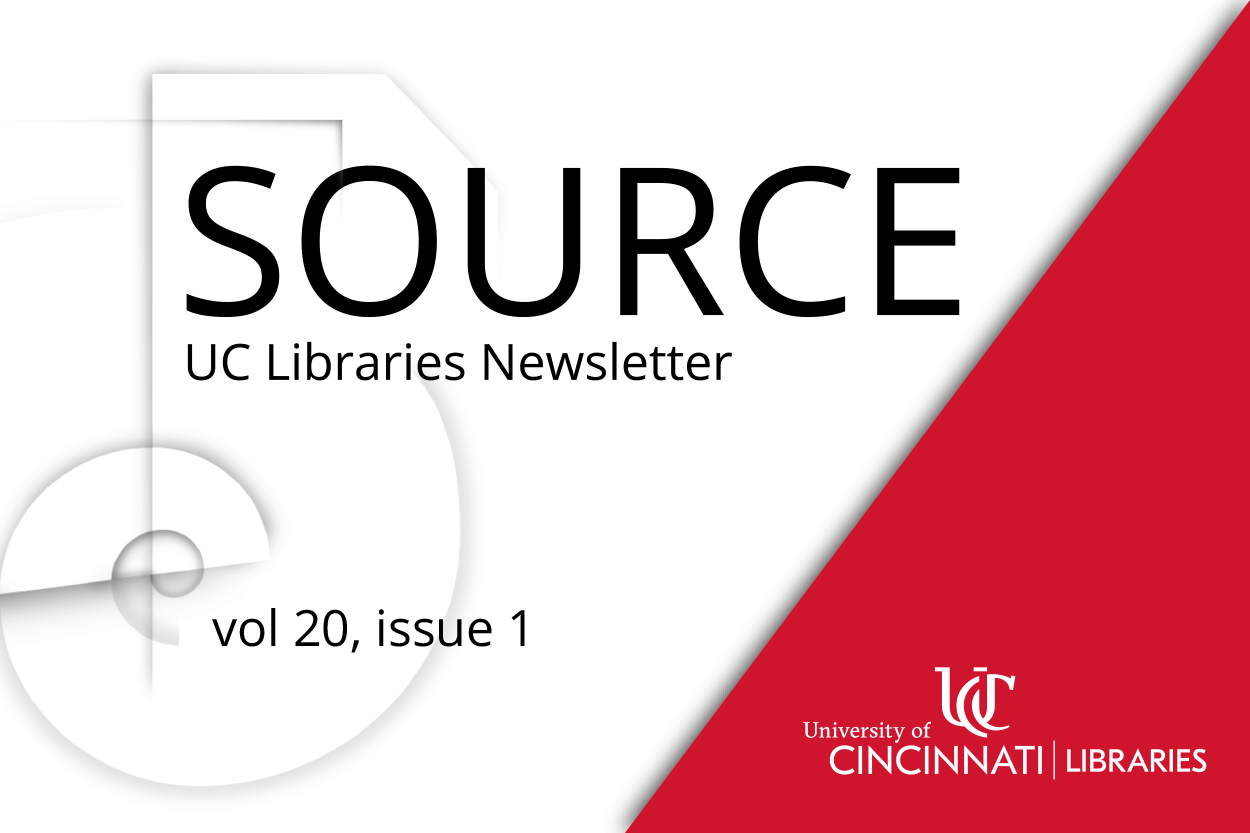 The members of HathiTrust have elected four new members to its Board of Governors, including UC’s Xuemao Wang, dean and university librarian and vice provost for digital scholarship, who will serve a three-year term (2022-2024). Other new board members include Theresa Byrd, University of San Diego, Anne Houston, Lafayette College, and Beth Namachchivaya, University of Waterloo.
The members of HathiTrust have elected four new members to its Board of Governors, including UC’s Xuemao Wang, dean and university librarian and vice provost for digital scholarship, who will serve a three-year term (2022-2024). Other new board members include Theresa Byrd, University of San Diego, Anne Houston, Lafayette College, and Beth Namachchivaya, University of Waterloo.
Holly Mercer of the University of Tennessee Knoxville and Chair of the HathiTrust Board of Governors, said, “the energy and vision promised by these new board members is invigorating as we look forward to HathiTrust’s future. We’ll benefit greatly from their leadership in their own organizations and in our member community. I am grateful for their willingness to serve and can’t wait to get started.”
Dean Wang supports the HathiTrust Board’s primary goal to “sharply focus on ‘strategic’ roles for the organization’s continuing evolving future.” He advocates for finding ways “to broaden multidisciplinary scholar engagement from disciplines beyond humanities and social sciences.” Dean Wang’s 35+ year-career spans multi-library sectors from the academic, public, consortium and international library worlds. He has served on several professional organizations’ governing boards, standing and advisory committees, task-forces and working groups, including the International Federation of Library Associations (IFLA), the American Library Association (ALA), the Association of Research Libraries (ARL), the Center for Research Libraries (CRL), the Scholarly Publishing and Academic Resources Coalition (SPARC) and OhioLINK. His roles leading UC Libraries and working to achieve the university’s digital scholarship agenda will provide him with valuable insights to contribute to the goals of HathiTrust.
Founded in 2008, HathiTrust is a not-for-profit collaborative of academic and research libraries preserving 17+ million digitized items. The University of Cincinnati Libraries joined as members in 2018. The HathiTrust Board of Governors has ultimate responsibility for HathiTrust’s activities, strategy, finances and operations. It includes six at-large members elected by the membership and six members appointed by the founding institutions, which include Indiana University, the University of California, the University of Michigan, and members of the Big Ten Academic Alliance. The current members of the Board can be found on the HathiTrust website.

